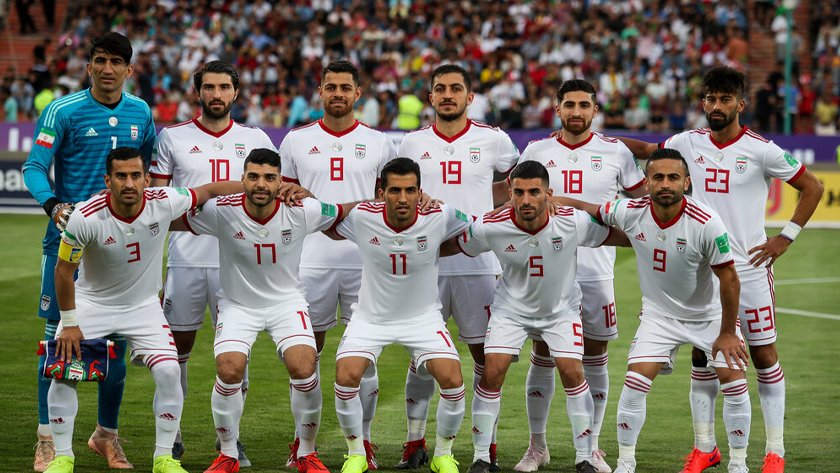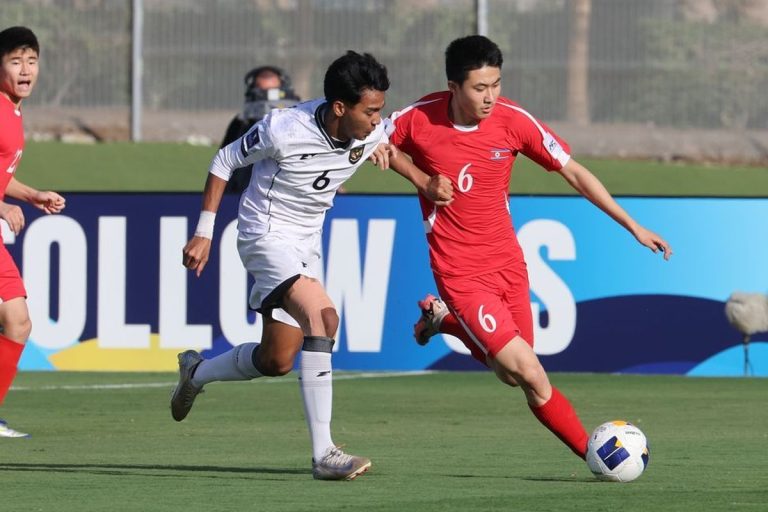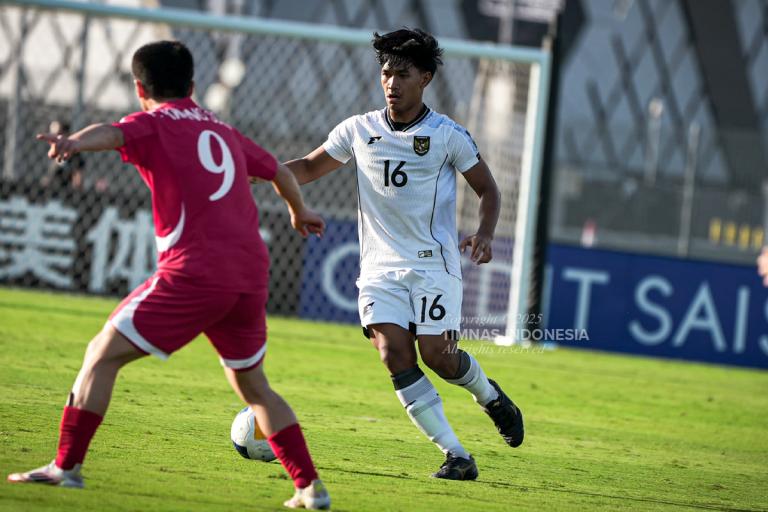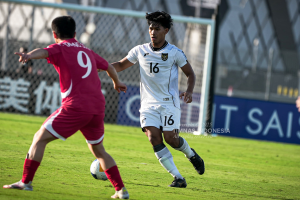Iran’s national team is said to be facing retaliation after returning to its home country due to its behavior at the 2022 World Cup in Qatar. The statement is made according to experts contacted by The New York Post.
Mike Baker, a former CIA covert operations officer, said that Iran’s players were stuck in a difficult position after losing to the US and failing to advance to the last 16. “Given what we’ve seen from the Iranian regime… they’re showing themselves to be brutal and there’s no reason to believe that they’ve suddenly become rational,” Baker said.
In the first game against England, Iran’s players refused to sing the national anthem in protest at the death of Mahsa Amini, a 22-year-old woman who died in September 2022. Amini passed away after being detained by the moral police, allegedly for violating strict rules for women there including the obligation to wear a headscarf.
According to Baker, after Iran’s players sang the national anthem in matches two and three, a win against the US will help soften their previous offense. In the previous case, Iranian rock climbing athlete Elnaz Rekavi was reportedly under house arrest in his home country for competing abroad in October 2022 without the headscarf. Many saw the action as a gesture of support for the Mahsa Amini. Rekabi (33) was then threatened with having his family’s property confiscated if she did not make an apology, according to reports circulating.
Now, continued Baker, the Iranian national team could face fines or even arrest after the loss to the US once they get home, in retaliation for disloyalty and failure to beat opponents. “Nothing is good if you are an Iranian player when you return home,” he added.
Iran has been rocked by anti-government protests since the death of Amini Mahsa. As of Monday (28/11/2022), 451 protesters including 64 children died in clashes with security forces, according to the Human Rights Activists in Iran.
Iranian players might be able to defect to another country, but that’s impossible because leaving relatives would be very difficult, Baker said. “It’s difficult to put ourselves in that position,” he continued. “You put family and friends at risk when you do that but I wouldn’t be surprised if a number of players had the time to think about it.”
Kenneth R Timmerman, writer and expert on Iran, argues that the fate of the Iranian players was decided before the game against the USMNT – the abbreviation for the US men’s national team – because they had sinned by not singing the national anthem. “I would have been afraid of being arrested,” Timmerman said. “Even if they won, they would be arrested, severely beaten and warned, ‘Never do this again’.”
Meanwhile, Fatemeh Aman who is a researcher at the Middle East Institute, a Washington-based non-profit think tank, does not feel the Iranian team will face any kind of reprisal after the defeat against Gregg Berhalter’s squad. The situation might be different if one or two players refuse to sing the national anthem before a game against the US, but he believes team unity, all singing together, will protect them. “You can’t catch the whole national team at the same time, you can’t do that,” said Aman.
However, if a player is found to be supporting the demonstrations in Iran, his passport could be confiscated or he could be fined, he added. “I think the Iranians feel sorry for them,” Aman said of the national team coached by Carlos Queiroz. “They are in a very, very difficult position, a very bad position.”
















